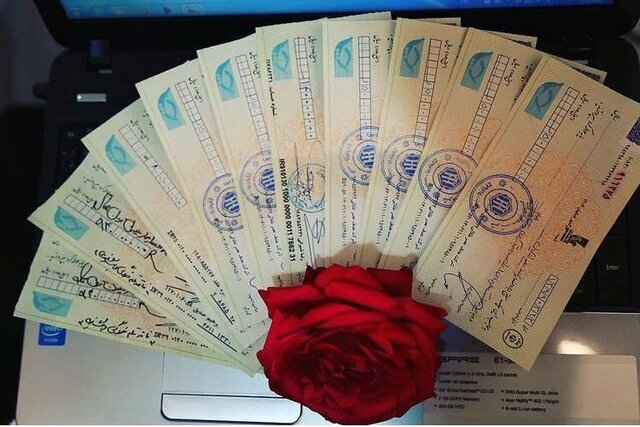Over 1,600 inmates of involuntary crimes released in Ramadan

TEHRAN – A total of 1,670 prisoners of unintentional crimes have been released over the holy month of Ramadan (started on April 3 this year), according to the head of the Blood Money Organization.
As an annual tradition, benefactors come together in a ceremony to raise funds for releasing prisoners of unintentional crimes in the month of Ramadan.
Freeing prisoners of involuntary crimes is done in three ways. The first way is granting prisoners leave and the second way is providing a number of them with loans to be paid inside the prison.
A total of 7,956 prisoners of unintentional crimes have been released over the past [Iranian calendar] year (March 2021-March 2022). The third way of assistance is the release of unintentional convicts by paying their debt.
Of the total released prisoners, 40 were female convicts and the rest were male debtors who were incarcerated due to inability to pay financial debts or inability to pay dues (workshop accidents and traffic accidents), Asadollah Joulaei said.
Isfahan’s benefactors released the highest number of inmates amounting to 194 convicts, IRIB reported on Tuesday.
Iranian benefactors donated a total of 2 trillion rials (nearly $8.5 million) to pay the debt of the released prisoners, he stated.
Moreover, President Ebrahim Raisi, Parliament Speaker Mohammad-Baqer Qalibaf, and Judiciary Chief Gholam-Hossein Mohseni Ejei made a total of 7 billion rials (nearly $26,000) in contributions to free prisoners of unintentional crimes, ISNA reported.
Leader of the Islamic Revolution Ayatollah Seyed Ali Khamenei also donated 10 billion rials (about $40,000) to help free prisoners on April 9.
A total of 7,956 prisoners of unintentional crimes have been released over the past [Iranian calendar] year (March 2021-March 2022), according to the head of the Blood Money Organization.
Since 1990, more than 150,000 unintentional crime doers who had debts have been freed. Currently, there are 10,680 prisoners of unintentional crimes in the country, of whom 4,673 are eligible for assistance.
FB/MG
